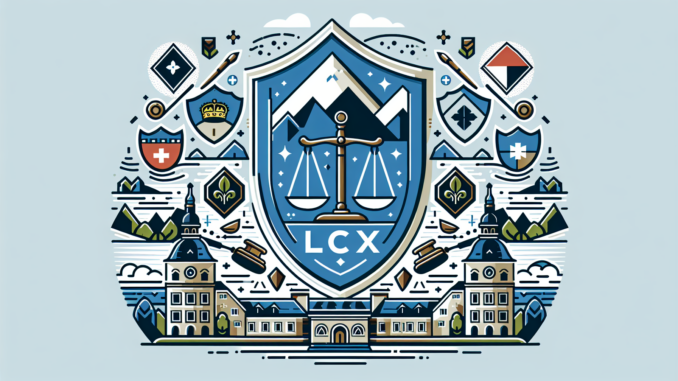
The world of cryptocurrencies is constantly in motion, and recent developments in Liechtenstein could have significant impacts on the industry. LCX, one of the most well-known crypto exchanges in the country, has recently applied for a MiCA license (Markets in Crypto Assets), indicating a significant step towards regulatory certainty. What does this mean for LCX and the crypto community as a whole?
The Ever-Changing Regulatory Landscape
The MiCA regulation is a key component of the EU’s efforts to regulate crypto markets, thereby creating more security and trust for investors. While it is primarily known for its strict regulatory requirements, many players in the industry see this as an opportunity to strengthen trust in cryptocurrencies and promote their adoption. For LCX, filing the preliminary application with the authorities in Liechtenstein marks the first step in cementing the exchange’s regulatory status and ensuring compliance with future EU regulations at all times.
LCX: A Pioneering Role in Liechtenstein
LCX, led by founder and CEO Monty C. M. Metzger, aims to act as a pioneer in regulated crypto trading. With an existing license from the Financial Market Authority Liechtenstein (FMA) to operate both as a crypto exchanger and as a trustee, LCX is well-positioned to meet the new requirements and further expand its market position. Metzger stated in an interview that the intention to apply for the MiCA license not only offers competitive advantages but also underscores LCX’s vision to become one of the safest and most trusted exchange platforms in the world.
Impacts on the Crypto Industry
LCX’s decision to proactively confront regulatory challenges could serve as a model for other crypto companies. In a market often characterized by regulatory uncertainties, such steps provide the opportunity to strengthen public trust and increase institutional acceptance. Analysts believe that with the MiCA license, LCX will be able to further expand its services within the EU, remaining attractive to both private and institutional investors.
Potential Benefits and Challenges
The hope behind MiCA licensing is to remove barriers often associated with cross-border regulation while increasing transparency and security of crypto transactions. However, not all challenges are overcome with this. Some critics point out that overly strict regulations could potentially hinder innovation and limit competition in the European crypto market. Despite these concerns, many believe that a solid regulatory foundation will be key to the long-term stability of the crypto market.
Outlook and Conclusion
LCX’s preliminary application for a MiCA license in Liechtenstein marks a significant step towards cementing its position as a leading regulated cryptocurrency exchange. By confronting these challenges, LCX sends a strong signal to the industry about the importance of compliance and security. At a time when regulatory clarity is gaining increasing importance, this step could act as a catalyst for a new wave of adjustments and reforms within the crypto industry. It remains to be seen how other platforms will respond to this precedent and to what extent it will affect the European markets in the coming years.
Leave a Reply